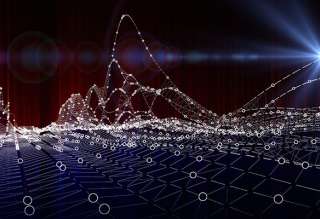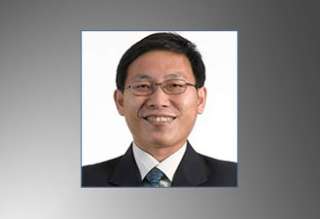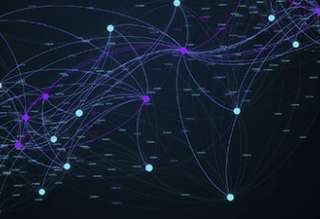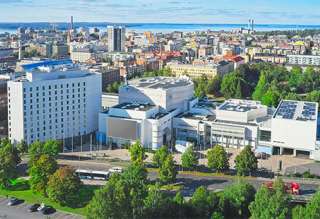SPS Feed
Top Reasons to Join SPS Today!
1. IEEE Signal Processing Magazine
2. Signal Processing Digital Library*
3. Inside Signal Processing Newsletter
4. SPS Resource Center
5. Career advancement & recognition
6. Discounts on conferences and publications
7. Professional networking
8. Communities for students, young professionals, and women
9. Volunteer opportunities
10. Coming soon! PDH/CEU credits
Click here to learn more.
The Latest News, Articles, and Events in Signal Processing
Designing filters with perfect frequency responses (i.e., flat passbands, sharp transition bands, highly suppressed stopbands, and linear phase responses) is always the ultimate goal of any digital signal processing (DSP) practitioner. High-order finite impulse response (FIR) filters may meet these requirements when we put no constraint on implementation complexity. In contrast to FIR filters, infinite impulse response (IIR) filters, owing to their recursive structures, provide an efficient way for high-performance filtering at reduced complexity.
Joseph Fourier’s methods (and their variants) are omnipresent in audio signal processing. However, it turns out that the underlying ideas took some time to penetrate the field of sound analysis and that different paths were first followed in the period immediately following Fourier’s pioneering work, with or without reference to him. This illustrates the interplay between mathematics and physics as well as the key role played by instrumentation, with notable inventions by outsiders to academia, such as Rudolph Koenig and Édouard-Léon Scott de Martinville.

This post-doc scholarship is part of the project “6th Generation Wireless Networks: New Concepts, Algorithms and Applications”, a collaboration between the University of São Paulo, the Pontifical Catholic University of Rio de Janeiro, and the Gustave Eiffel University. The project aims to develop innovative solutions for the future of internet access and 6G wireless communication networks.
The aim of this post-doc position is to apply low-complexity approximations to the Kalman filter for distributed parameter estimation.
Deadline approaching! Submit now to the IEEE JSTSP Special Issue on Seeking Low-dimensionality in Deep Neural Networks (SLowDNN). Submission Deadline: 30 November 2023.
Manuscript Due: 30 April 2024
Publication Date: January 2025

PhD and MSc Studentships in 6G Wireless Communications Systems
Programme of Electrical Engineering, Pontifical Catholic University of Rio de Janeiro (PUC-Rio), Rio de Janeiro, Brazil
Date: 26 December 2023
Chapter: Singapore Chapter
Chapter Chair: Corey Manders
Title: Harnessing the Power of Deep Learning for Urban Sound Sensing and Noise Mitigation
Date: 30 October 2023
Chapter: Taipei Chapter
Chapter Chair: Jing Ming Guo
Title: Harnessing the Power of Deep Learning for Urban Sound Sensing and Noise Mitigation.
Date: 16 November 2023
Time: 10:00 AM ET (New York Time)
Presenter(s): Melissa Handa
Date: 13-17 September 2026
Location: Tampere, Finland
Conference Paper Submission Deadline: Coming Soon
Date: 15 November 2023
Time: 12:00 PM ET (New York Time)
Presenter(s): Marc Perron
Date: 20 October 2023
Time: 9:00 AM ET (New York Time)
Presenter(s): Zhaohui Yang
Pages
SPS Social Media
- IEEE SPS Facebook Page https://www.facebook.com/ieeeSPS
- IEEE SPS X Page https://x.com/IEEEsps
- IEEE SPS Instagram Page https://www.instagram.com/ieeesps/?hl=en
- IEEE SPS LinkedIn Page https://www.linkedin.com/company/ieeesps/
- IEEE SPS YouTube Channel https://www.youtube.com/ieeeSPS



















